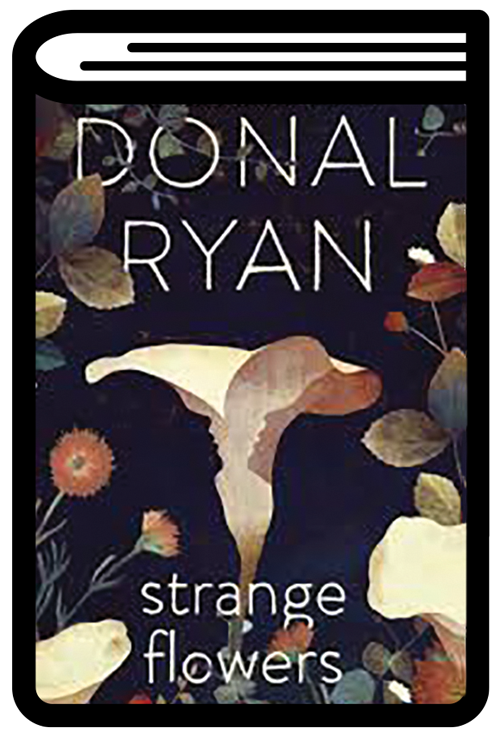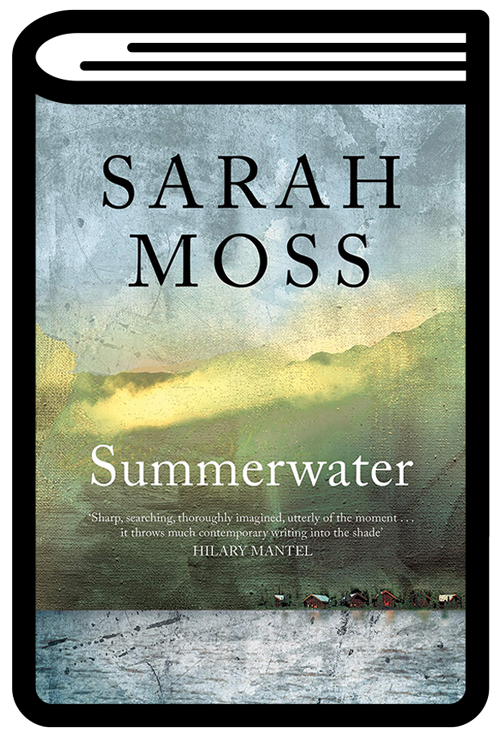Irish writer Donal Ryan has a series of highly acclaimed books behind him, including his Booker longlisted (and should have been shortlisted) 2018 novel, From a Low and Quiet Sea. His reputation as an insightful and elegiac writer stands out even among his fellow native warrior-poets. His latest work, Strange Flowers, has an even more deeply-felt tone than its predecessors, with profound bass notes I wondered if I was over-reading, until I found out more about the background of its inspiration. This story of familial loss and discovery, disconnection and reconnection, was written in ‘a haze of shock and extreme grief’ three years ago, just after the death of Ryan’s father.

Set in 1970’s rural Ireland, Strange Flowers begins with Paddy and Kit, a contented, strongly religious couple shattered by the disappearance of their beloved twenty year old daughter Moll. The evocation of sadness and horror is perhaps unsurprisingly convincing in the hands of a newly bereaved son. But what’s especially impressive is the point at which Ryan’s experience ends and his empathetic guess-work begins. The raw agony of endless whys and hows, the cruel trickery of imaginative flights, the surrender to dull passivity interrupted by flares of optimistic ‘thumping hearts’ – these are the beautifully wrought phases of inexplicable loss which bring Kit and Paddy into sharp relief.
It is down to Ryan’s ability to create compassion for his characters that it becomes excruciating to read of things going wrong
When the prodigal Moll does turn up again, five years later, she brings a new set of challenges with her. She has been in London, and returns with a son, Josh, and his father, Alexander.
Ryan works hard to relay the experience of the young black Alexander moving into an old fashioned 70s Irish community – the combination of curiosity, suspicion and sheer clumsiness. But the most effective aspect of his story is the increasingly close relationship he shares with Paddy, despite the initial chasm of culture and social experience.
A pattern of generational shift (and its accompanying, often overwhelming religious influences) is established, as the novel turns its attention to young Josh; gentle, dreamy, naive: “a boy so loved he thinks the world is love without end.” It is down to Ryan’s ability to create compassion for his characters that it becomes excruciating to read of things going wrong and scenes of togetherness being torn apart. But the writing is so exquisite, the dialogue so authentic, the sympathy so deep, that though taking on the slings and arrows sometimes feels like an act of wilful masochism, there is no option but to carry on alongside Josh and hope for a happy ending.

Sarah Moss is another writer who has, to use common Cowell parlance, absolutely nailed her chosen area of fictional prowess. Her portraits of families under unnerving internal and external pressure, as developed in recent novels The Tidal Zone and Ghost Wall, have shown her to be an expert in depicting complex relationships in suffocatingly oppressive atmospheres.









